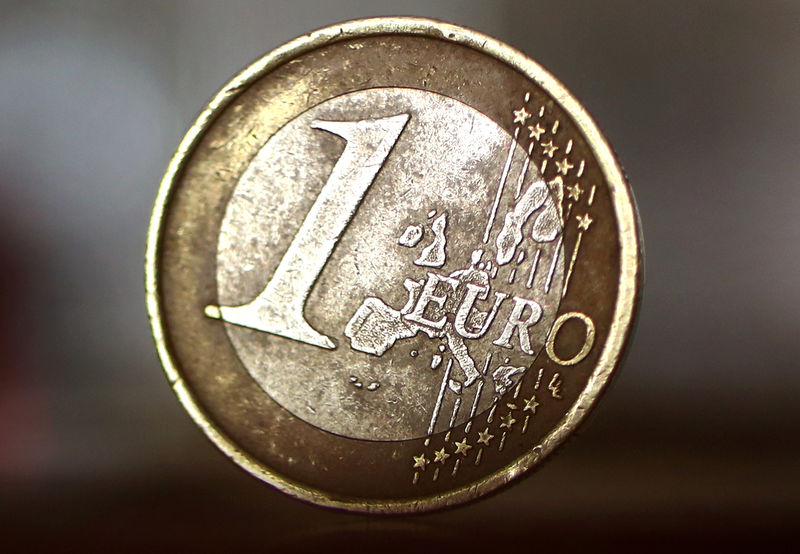Investing.com’s stocks of the week
By Gertrude Chavez-Dreyfuss
NEW YORK (Reuters) - The dollar climbed to a two-week peak versus a basket of currencies on Friday, boosted by gains against the euro amid concerns about the Italian budget and a U.S. interest rate outlook that reflects multiple rate hikes until 2020.
The U.S. dollar also rose to a nine-month high against the yen.
As the third quarter winds down, the dollar index, a gauge of its value against six major currencies, was on track to post its second consecutive quarterly gain of about 0.7 percent. For the last six months, the greenback has advanced nearly 6 percent.
"The U.S. dollar remains a metaphorical rock in a sea of troubles," said Karl Schamotta, director of global product and market strategy at Cambridge Global Payments in Toronto.
"The growth outlook for other Group of 10 countries and the emerging markets remains uncertain, and increased confidence in the forces compelling the Federal Reserve to hike rates next year is helping to lift the U.S. dollar against its counterparts," he added.
In mid-morning trading, the dollar index rose 0.4 percent to 95.302 (DXY), rising for three straight sessions.
The dollar rose to a nine-month peak versus the yen of 113.63 yen
U.S. data on Friday all supported the view of an economy that is on a stable growth path.
U.S. consumer spending rose 0.3 percent last month after an unrevised 0.4 percent gain in July, while a measure of underlying inflation remained at the Fed's 2 percent target for a fourth straight month.
The Chicago Purchasing Management index for September was 60.4, lower than the consensus forecast. The U.S. consumer sentiment index for September, on the other hand, was slightly lower than forecast at 100.1, but still the highest since March.
The euro, meanwhile, slipped below $1.16 for the first time in two weeks after Italy's government agreed on a budget seen by some investors as defying Brussels.
Political wrangling over the budget in heavily indebted Italy has put a lid on a recent revival in the euro's fortunes against the dollar.
The single currency recorded its biggest one-day decline for nearly two months on Thursday as the battle over fiscal policy intensified in the euro zone's third-largest economy.
Financial markets are nervous that the Italian government's spending plans will boost Italy's debt, which is already the second highest in the euro zone as a share of economic output after Greece, near 131 percent of gross domestic product (GDP).
The government is targeting a budget deficit at 2.4 percent of GDP, inside the 3 percent ceiling prescribed by EU rules.
